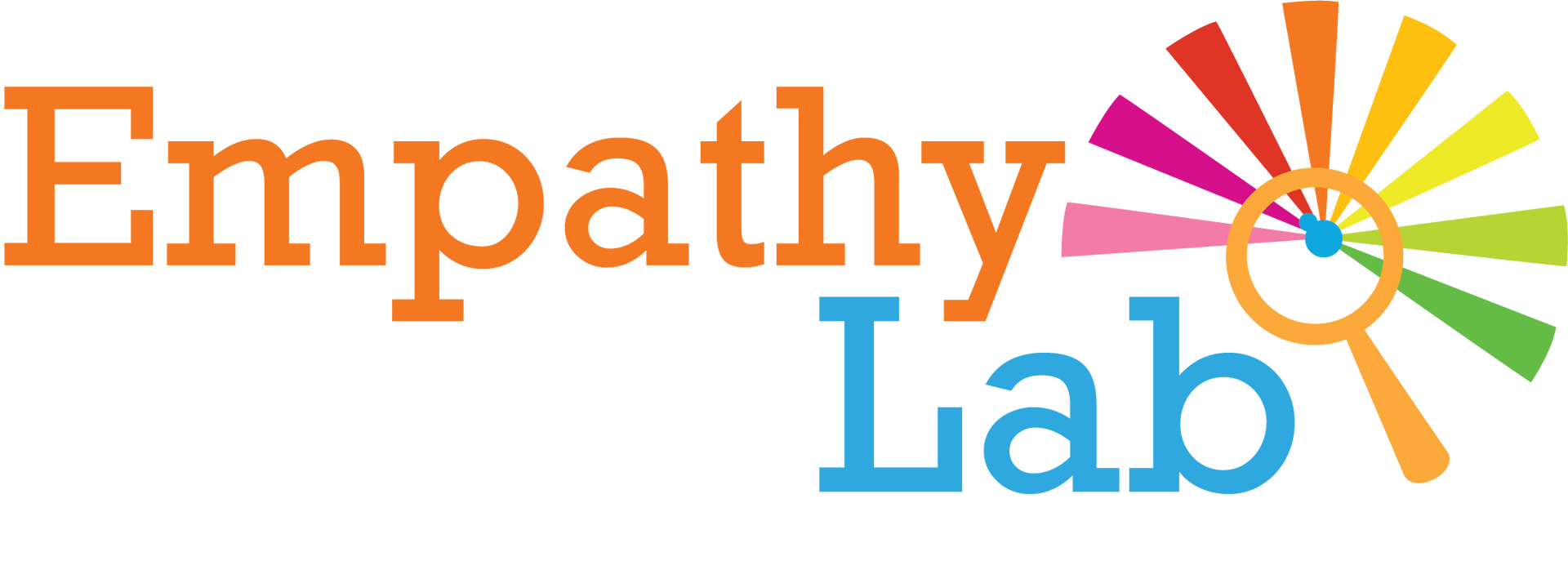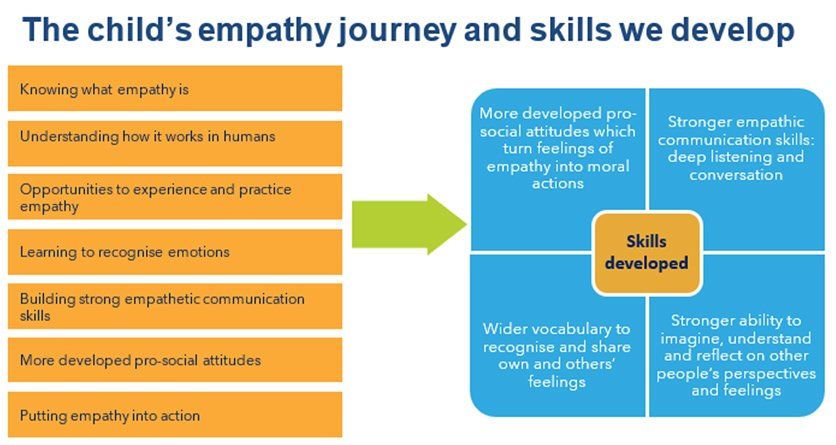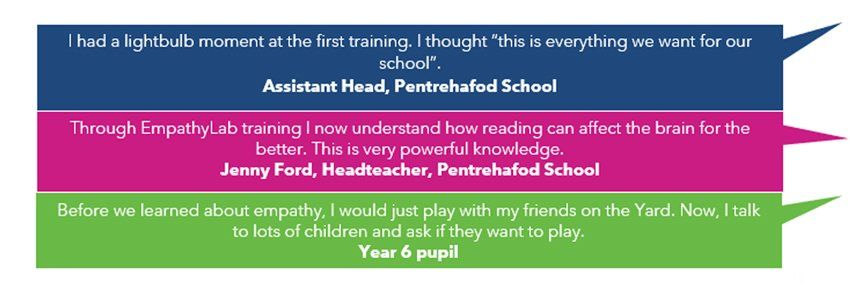An Introduction to Empathy Lab

Professor Maria Nikolajeva
literary critic and academic,
specialising in children's literature
"Reading fiction makes the brain simulate cognitive and affective responses to the real world”
About EmpathyLab
EmpathyLab is the only organisation focusing systematically on using books to build empathy. Our strategy builds on scientific evidence that empathy is learnable and that books are a unique empathy-building tool.
· Our mission is to raise an empathy-educated generation, equipped to develop a stronger, more caring society.
· We do this through our programme which has four key elements: a national Empathy Day;
an empathy education programme in schools; an annual book collection for 4-16 year olds; innovation work with authors and publishers.
· These programmes are all underpinned to research and thought-leadership.
What Is Empathy?
Empathy is the ability to experience and understand other people’s emotions and perspectives.
Empathy is a core life skill and a force for social change.
Empathy enables us to understand and experience other peoples’ feelings. It is a powerful catalyst for a kinder, less tribal society, and a critical life skill that develops better citizens.
Every child needs a chance to develop this key life skill, to feel understood and have the ability
to connect across cultural divides in an increasingly diverse UK.
Introduction to the 6-Month Programme
The following handbook outlines our 6-month programme which runs from January to June
and culminates on Empathy Day.
In primary schools it is called Empathy Awards and in secondary schools, The Empathys.
Each programme has its own branding and resources.
The programme immerses young people in inspiring empathy-rich texts, providing schools with a practical experience of different ways of promoting reading, combining an empathy focus with
reading for pleasure. It is rooted in neuroscience research showing that identifying with book
characters’ emotions can make us more empathetic. The brain reacts to fictional worlds as if they
were real and so interactions among fictional characters can feel like real-life social encounters.
This gives children a safe way of exploring how other people feel and experience the world.
This emotional engagement encourages greater involvement with the story
and children’s empathic understanding can be transferred into
real-life empathy for real-life people.
OUR RESEARCH -
Our 6 month programme is laid out for you in the following steps, along with an extensive body of accompanying resources can be accessed through the



